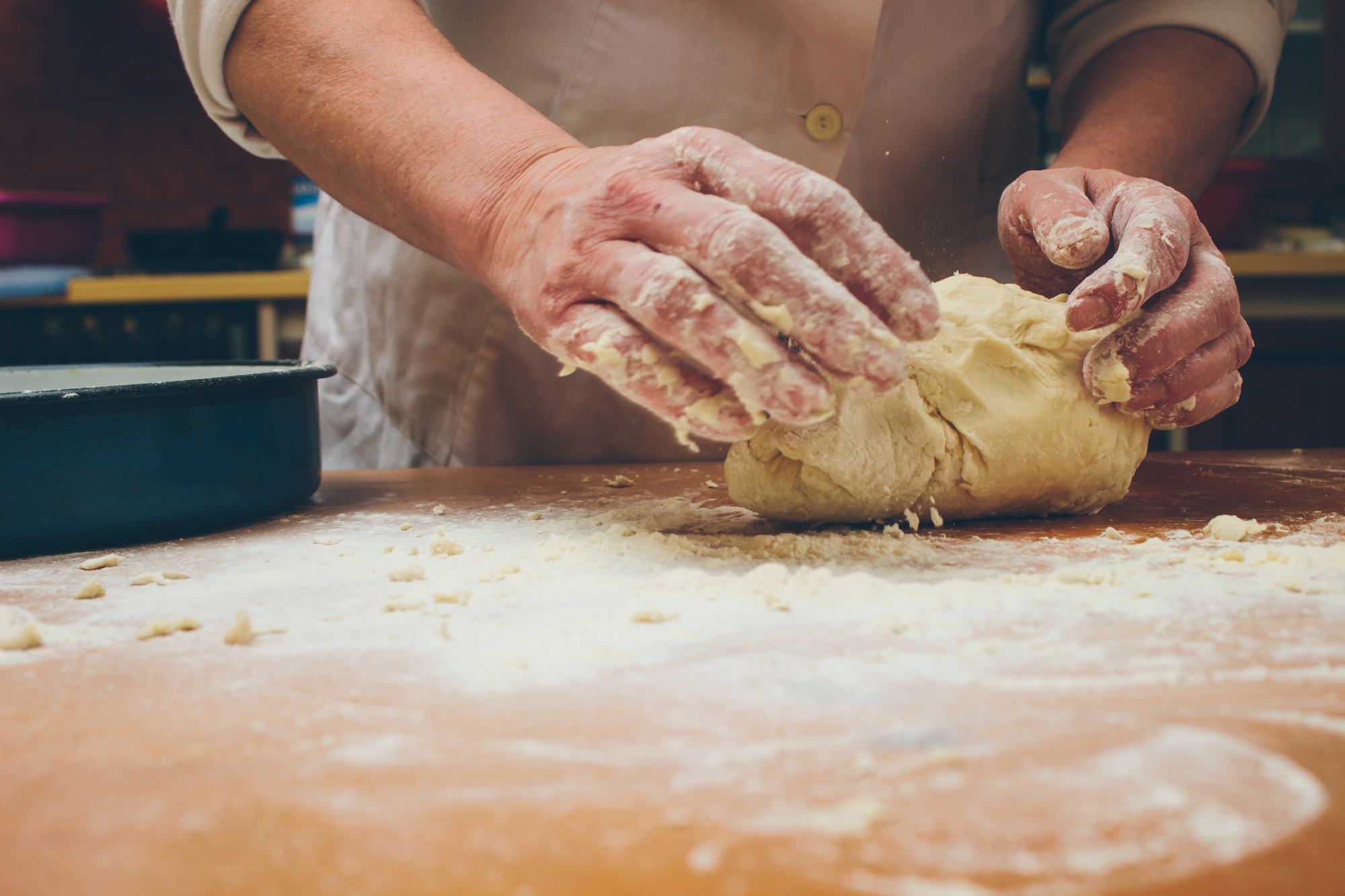15 Forgotten Customs That Used to Be Part of Daily Life
Modern life moves at such a rapid pace that it’s easy to forget how different our daily routines were just a few generations ago. Many practices that our grandparents considered essential parts of civilized society have quietly slipped away, replaced by new technologies and changing social norms.
These forgotten customs once shaped how people interacted, conducted business, and moved through their daily lives in ways that might seem charmingly antiquated or downright strange to us today.
Calling Cards and Formal Visits

The ritual of leaving calling cards was far more than just dropping by to say hello. Visitors would present elegantly printed cards to the household staff, following intricate rules about when to fold corners or write notes on them.
These cards served as a complex social currency, indicating everything from congratulations to condolences, while the timing and length of return visits were governed by equally detailed social protocols that everyone was expected to know.
Evening Family Reading Sessions

Before television claimed the central spot in living rooms, families would gather nightly for reading sessions. Someone would read aloud from books or newspapers while others engaged in quiet activities like sewing or whittling.
These shared literary experiences sparked discussions and helped even illiterate family members stay informed about current events and popular stories.
Like Go2Tutors’s content? Follow us on MSN.
Writing Multiple Daily Letters

Letter writing wasn’t just a casual activity but a daily obligation. People often wrote several letters each morning, maintaining extensive correspondence networks that kept communities connected.
The arrival of mail would structure the day, with specific times set aside for reading and responding to correspondence.
Formal Dinner Changing

Dining at home once required the same level of ceremony as a restaurant. People would change into dinner clothes, even for family meals, with different attire expected depending on the number of guests.
Children learned elaborate table etiquette from an early age, including the proper use of specialized utensils we rarely see today.
Standing for Phone Calls

The early days of telephone etiquette required standing during calls out of respect for the conversation. Phone calls were treated as formal visits, with people often dressing up before making important calls, despite being unseen by the other party.
Like Go2Tutors’s content? Follow us on MSN.
Daily Market Shopping

Without modern refrigeration, shopping was a daily social event. People would visit multiple specialized shops each morning, exchanging news and gossip while selecting fresh ingredients.
Shopkeepers knew their customers’ preferences and would set aside special items for their regular patrons.
Formal Door Greetings

Answering the door involved specific protocols depending on the visitor’s status. Homeowners would receive different categories of visitors in different rooms, with the front parlor reserved for the most formal occasions.
Even unexpected visitors were treated to small refreshments as a matter of course.
Multiple Daily Hat Changes

Hats weren’t just fashion statements but social indicators that changed throughout the day. Different hats were required for morning errands, afternoon visits, and evening entertainment.
Going hatless in public was considered shocking in many situations.
Like Go2Tutors’s content? Follow us on MSN.
Sunday Promenading

The Sunday afternoon promenade was a crucial social custom where entire communities would dress in their finest clothes and walk through public spaces. These walks were carefully choreographed opportunities for social interaction, courtship, and displaying one’s position in society.
Formal Morning Greetings

Families would gather for formal morning greetings before breakfast, with specific pleasantries exchanged between family members. Children were expected to inquire about their parents’ health and well-being before the day began.
Evening Parlor Games

Social gatherings invariably included organized parlor games that tested wit, creativity, and memory. These games followed established rules and were seen as opportunities to display intelligence and charm while adhering to strict social boundaries.
Like Go2Tutors’s content? Follow us on MSN.
Seasonal Wardrobe Ceremonies

Changing wardrobes between seasons was a significant household event. Entire days were devoted to packing away one season’s clothes and unpacking another’s, with specific rituals for cleaning, mending, and updating garments.
Formal Thank You Notes

Writing thank you notes was an essential daily task, with specific timing requirements for different occasions. These weren’t quick notes but carefully composed letters following strict formats, often drafted several times before being sent.
Daily Bread Baking

The rhythm of household life often revolved around daily bread baking. This wasn’t just about food preparation but a social custom that included sharing starter cultures between neighbors and timing other activities around the bread-making schedule.
Like Go2Tutors’s content? Follow us on MSN.
Elaborate Tea Ceremonies

While afternoon tea still exists, the elaborate daily ceremony it once was has largely disappeared. Specific times were set aside for different types of tea events, each with its own rules about food pairings, conversation topics, and appropriate lengths of stay.
A Different Sense of Time
Today’s precise digital timing would seem strange to our ancestors, who lived by a more fluid schedule marked by church bells, sunlight, and social customs. Modern life has traded these organic rhythms for efficiency, but something of the graceful pacing of daily life has been lost in the exchange.
Their understanding of time was woven into the fabric of these customs, creating a daily routine that moved at a very different pace from our rushed modern schedules.
More from Go2Tutors!

- Famous Battles: How Much Do You Really Know About U.S. History?
- Top 5 Most Important Skills, According To Harvard Business School
- How Well Do You Know 90s Pop Culture? Take the Quiz
- Master the Art of Public Speaking with These Expert Tips
- Think You Know Capitals? Put Your Knowledge to the Test
Like Go2Tutors’s content? Follow us on MSN.



